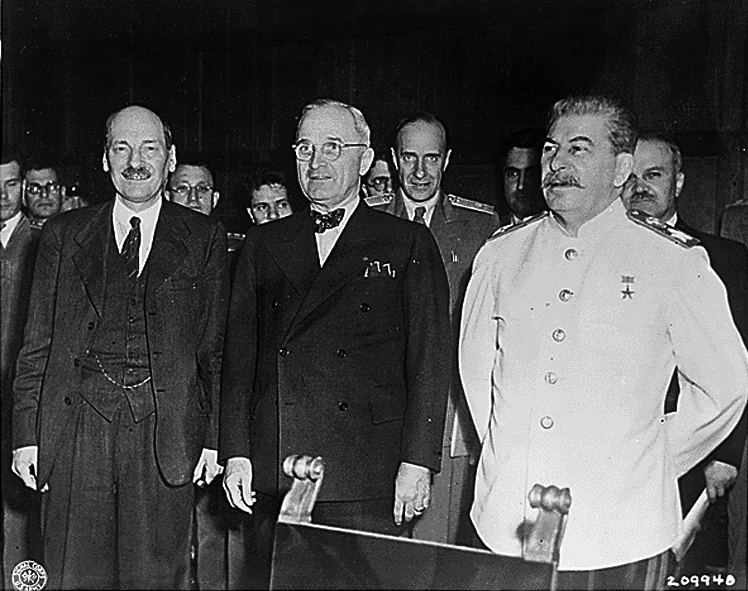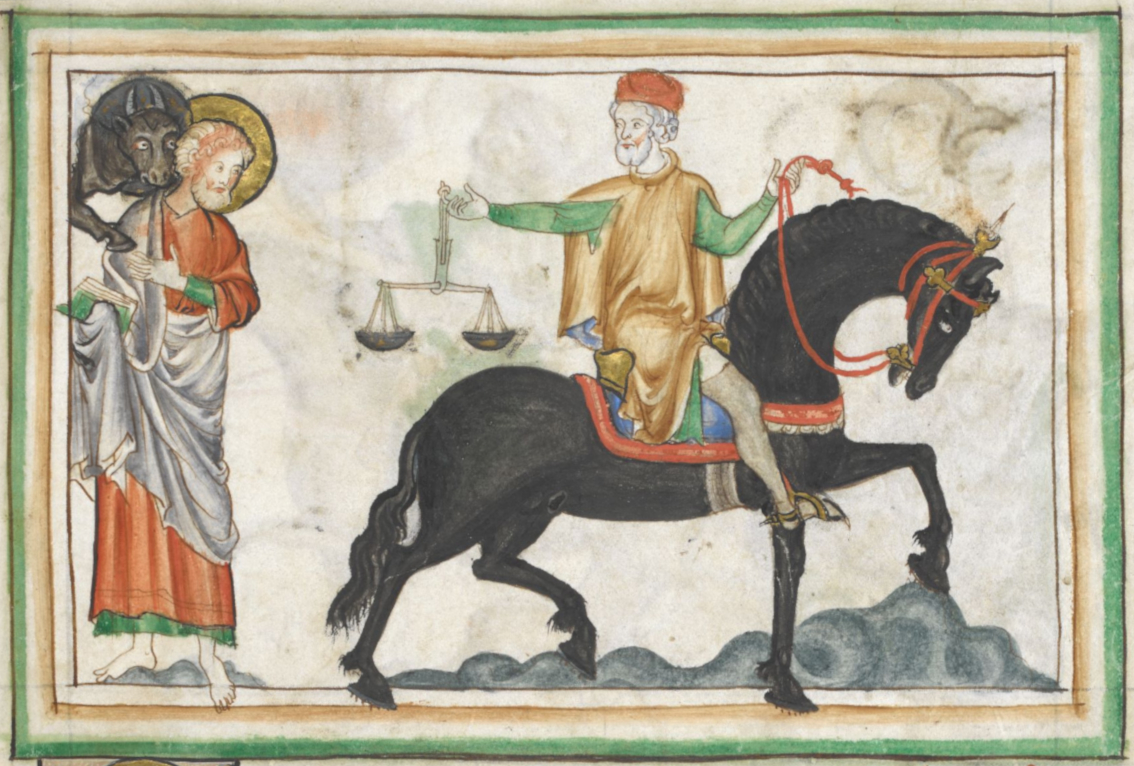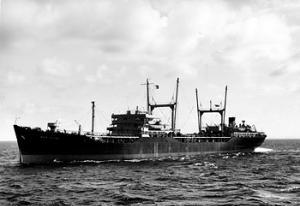|
Empire Convention
''Heidberg'' was a cargo ship that was built in 1943 by Helsingborgs Varfs Aktiebolag, AB, Helsingborg, Sweden. In 1945, she was seized by the Allies at Stettin, passed to the Ministry of War Transport (MoWT) and was renamed ''Empire Convention''. She was allocated to the Soviet Union in 1946 and renamed ''Ernst Thaelmann''. Description The ship was built in 1943 by Helsingborgs Varfs AB, Helsingborg. The ship was long, with a beam of and had a depth of . The ship was propelled by a triple expansion steam engine, which had cylinders of , and diameter by stroke. The engine was built by Helsingborgs Varfs. History ''Heidberg'' was built for August Bolten Wm Müllers Nachfolger, Hamburg. She was seized in May 1945 at Stettin, passed to the MoWT and renamed ''Empire Convention''. Her port of registry was changed to London. She was placed under the management of Ellerman Lines, Ellerman's Wilson Line Ltd. The Code Letters GMFM and United Kingdom Official Number 180342 were all ... [...More Info...] [...Related Items...] OR: [Wikipedia] [Google] [Baidu] |
Official Number
Official numbers are ship identifier numbers assigned to merchant ships by their flag state, country of registration. Each country developed its own official numbering system, some on a national and some on a port-by-port basis, and the formats have sometimes changed over time. As an internationally recognized ship identifier, national official numbers have largely been superseded by the IMO number, though flag states still use national systems, which also cover those vessels not subject to the IMO regulations. British official number Beginning in 1855, with the implementation of the Merchant Shipping Act 1854, all British seagoing vessels were assigned an official number to give each ship a unique identity, even after being renamed or changing the port of registry. U.S. official number After the passage of legislation in the United States Congress in 1866, all American ships were required to carve the official number on the main beam; the system was controlled by the Bureau of Sta ... [...More Info...] [...Related Items...] OR: [Wikipedia] [Google] [Baidu] |
Potsdam Agreement
The Potsdam Agreement (german: Potsdamer Abkommen) was the agreement between three of the Allies of World War II: the United Kingdom, the United States, and the Soviet Union on 1 August 1945. A product of the Potsdam Conference, it concerned the military occupation and reconstruction of Germany, its border, and the entire European Theatre of War territory. It also addressed Germany's demilitarisation, reparations, the prosecution of war criminals and the Flight and expulsion of Germans (1944–1950), mass expulsion of ethnic Germans from various parts of Europe. Executed as a communiqué, the agreement was not a peace treaty according to international law, although it created accomplished facts. It was superseded by the Treaty on the Final Settlement with Respect to Germany signed on 12 September 1990. As De Gaulle had not been invited to the Conference, the French resisted implementing the Potsdam Agreements within their occupation zone. In particular, the French refused to ... [...More Info...] [...Related Items...] OR: [Wikipedia] [Google] [Baidu] |
Merchant Ships Of The Soviet Union
A merchant is a person who trades in commodities produced by other people, especially one who trades with foreign countries. Historically, a merchant is anyone who is involved in business or trade. Merchants have operated for as long as industry, commerce, and trade have existed. In 16th-century Europe, two different terms for merchants emerged: referred to local traders (such as bakers and grocers) and ( nl, koopman) referred to merchants who operated on a global stage, importing and exporting goods over vast distances and offering added-value services such as credit and finance. The status of the merchant has varied during different periods of history and among different societies. In modern times, the term ''merchant'' has occasionally been used to refer to a businessperson or someone undertaking activities (commercial or industrial) for the purpose of generating profit, cash flow, sales, and revenue using a combination of human, financial, intellectual and physical capit ... [...More Info...] [...Related Items...] OR: [Wikipedia] [Google] [Baidu] |
Steamships Of The Soviet Union
A steamship, often referred to as a steamer, is a type of steam-powered vessel, typically ocean-faring and seaworthy, that is propelled by one or more steam engines that typically move (turn) propellers or paddlewheels. The first steamships came into practical usage during the early 1800s; however, there were exceptions that came before. Steamships usually use the prefix designations of "PS" for ''paddle steamer'' or "SS" for ''screw steamer'' (using a propeller or screw). As paddle steamers became less common, "SS" is assumed by many to stand for "steamship". Ships powered by internal combustion engines use a prefix such as "MV" for ''motor vessel'', so it is not correct to use "SS" for most modern vessels. As steamships were less dependent on wind patterns, new trade routes opened up. The steamship has been described as a "major driver of the first wave of trade globalization (1870–1913)" and contributor to "an increase in international trade that was unprecedented in hu ... [...More Info...] [...Related Items...] OR: [Wikipedia] [Google] [Baidu] |
Merchant Ships Of The United Kingdom
A merchant is a person who trades in commodities produced by other people, especially one who trades with foreign countries. Historically, a merchant is anyone who is involved in business or trade. Merchants have operated for as long as industry, commerce, and trade have existed. In 16th-century Europe, two different terms for merchants emerged: referred to local traders (such as bakers and grocers) and ( nl, koopman) referred to merchants who operated on a global stage, importing and exporting goods over vast distances and offering added-value services such as credit and finance. The status of the merchant has varied during different periods of history and among different societies. In modern times, the term ''merchant'' has occasionally been used to refer to a businessperson or someone undertaking activities (commercial or industrial) for the purpose of generating profit, cash flow, sales, and revenue using a combination of human, financial, intellectual and physical capital ... [...More Info...] [...Related Items...] OR: [Wikipedia] [Google] [Baidu] |
Steamships Of The United Kingdom
A steamship, often referred to as a steamer, is a type of steam-powered vessel, typically ocean-faring and seaworthy, that is propelled by one or more steam engines that typically move (turn) propellers or paddlewheels. The first steamships came into practical usage during the early 1800s; however, there were exceptions that came before. Steamships usually use the prefix designations of "PS" for ''paddle steamer'' or "SS" for ''screw steamer'' (using a propeller or screw). As paddle steamers became less common, "SS" is assumed by many to stand for "steamship". Ships powered by internal combustion engines use a prefix such as "MV" for ''motor vessel'', so it is not correct to use "SS" for most modern vessels. As steamships were less dependent on wind patterns, new trade routes opened up. The steamship has been described as a "major driver of the first wave of trade globalization (1870–1913)" and contributor to "an increase in international trade that was unprecedented in huma ... [...More Info...] [...Related Items...] OR: [Wikipedia] [Google] [Baidu] |
Empire Ships
An Empire ship is a merchant ship that was given a name beginning with "Empire" in the service of the Government of the United Kingdom during and after World War II. Most were used by the Ministry of War Transport (MoWT), which owned them and contracted their operation to various shipping companies of the British Merchant Navy. Empire ships came from two main sources: new construction, and capture and seizure. New Empire ships were built for the MoWT or obtained from the United States to increase Britain's shipping capacity and offset losses to German U-boats, commerce raiders, bombing and other enemy actions in the tonnage war Germany was waging against Britain's sea transport around the globe. Others were captured or seized from enemy powers and some were acquired by requisition or normal purchase or lease. New Empire ship construction represented an enormous undertaking that included classes of freighters, tankers, aircraft carriers, fast cargo liners, tank landing ships, Dee ... [...More Info...] [...Related Items...] OR: [Wikipedia] [Google] [Baidu] |
Ministry Of War Transport Ships
Ministry may refer to: Government * Ministry (collective executive), the complete body of government ministers under the leadership of a prime minister * Ministry (government department), a department of a government Religion * Christian ministry, activity by Christians to spread or express their faith ** Minister (Christianity), clergy authorized by a church or religious organization to perform teaching or rituals ** Ordination, the process by which individuals become clergy * Ministry of Jesus, activities described in the Christian gospels * ''Ministry'' (magazine), a magazine for pastors published by the Seventh-day Adventist Church Music * Ministry (band), an American industrial metal band * Ministry of Sound, a London nightclub and record label Fiction * Ministry (comics), a horror comic book created by writer-artist Lara J. Phillips * Ministry of Magic, governing body in the ''Harry Potter'' series * Ministry of Darkness, a professional wrestling stable led by Th ... [...More Info...] [...Related Items...] OR: [Wikipedia] [Google] [Baidu] |
World War II Merchant Ships Of Germany
In its most general sense, the term "world" refers to the totality of entities, to the whole of reality or to everything that is. The nature of the world has been conceptualized differently in different fields. Some conceptions see the world as unique while others talk of a "plurality of worlds". Some treat the world as one simple object while others analyze the world as a complex made up of many parts. In ''scientific cosmology'' the world or universe is commonly defined as " e totality of all space and time; all that is, has been, and will be". '' Theories of modality'', on the other hand, talk of possible worlds as complete and consistent ways how things could have been. '' Phenomenology'', starting from the horizon of co-given objects present in the periphery of every experience, defines the world as the biggest horizon or the "horizon of all horizons". In ''philosophy of mind'', the world is commonly contrasted with the mind as that which is represented by the mind. ''T ... [...More Info...] [...Related Items...] OR: [Wikipedia] [Google] [Baidu] |
Steamships Of Germany
A steamship, often referred to as a steamer, is a type of steam-powered vessel, typically ocean-faring and seaworthy, that is propelled by one or more steam engines that typically move (turn) propellers or paddlewheels. The first steamships came into practical usage during the early 1800s; however, there were exceptions that came before. Steamships usually use the prefix designations of "PS" for ''paddle steamer'' or "SS" for ''screw steamer'' (using a propeller or screw). As paddle steamers became less common, "SS" is assumed by many to stand for "steamship". Ships powered by internal combustion engines use a prefix such as "MV" for ''motor vessel'', so it is not correct to use "SS" for most modern vessels. As steamships were less dependent on wind patterns, new trade routes opened up. The steamship has been described as a "major driver of the first wave of trade globalization (1870–1913)" and contributor to "an increase in international trade that was unprecedented in hu ... [...More Info...] [...Related Items...] OR: [Wikipedia] [Google] [Baidu] |
Ships Built In Sweden
A ship is a large watercraft that travels the world's oceans and other sufficiently deep waterways, carrying cargo or passengers, or in support of specialized missions, such as defense, research, and fishing. Ships are generally distinguished from boats, based on size, shape, load capacity, and purpose. Ships have supported exploration, trade, warfare, migration, colonization, and science. After the 15th century, new crops that had come from and to the Americas via the European seafarers significantly contributed to world population growth. Ship transport is responsible for the largest portion of world commerce. The word ''ship'' has meant, depending on the era and the context, either just a large vessel or specifically a ship-rigged sailing ship with three or more masts, each of which is square-rigged. As of 2016, there were more than 49,000 merchant ships, totaling almost 1.8 billion dead weight tons. Of these 28% were oil tankers, 43% were bulk carriers, and 13% were con ... [...More Info...] [...Related Items...] OR: [Wikipedia] [Google] [Baidu] |
1943 Ships
Events Below, the events of World War II have the "WWII" prefix. January * January 1 – WWII: The Soviet Union announces that 22 German divisions have been encircled at Stalingrad, with 175,000 killed and 137,650 captured. * January 4 – WWII: Greek-Polish athlete and saboteur Jerzy Iwanow-Szajnowicz is executed by the Germans at Kaisariani. * January 11 ** The United States and United Kingdom revise previously unequal treaty relationships with the Republic of China (1912–1949), Republic of China. ** Italian-American anarchist Carlo Tresca is assassinated in New York City. * January 13 – Anti-Nazi protests in Sofia result in 200 arrests and 36 executions. * January 14 – January 24, 24 – WWII: Casablanca Conference: Franklin D. Roosevelt, President of the United States; Winston Churchill, Prime Minister of the United Kingdom; and Generals Charles de Gaulle and Henri Giraud of the Free French forces meet secretly at the Anfa Hotel in Casablanca, Morocco, to plan the ... [...More Info...] [...Related Items...] OR: [Wikipedia] [Google] [Baidu] |







